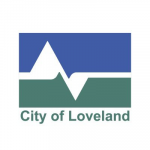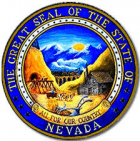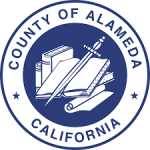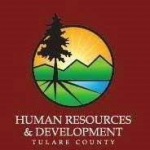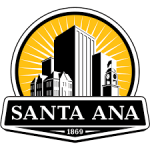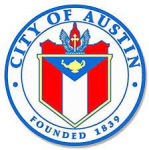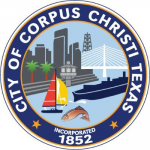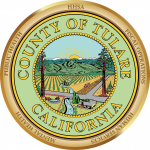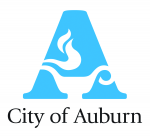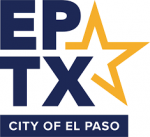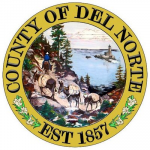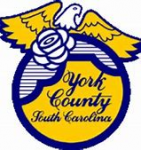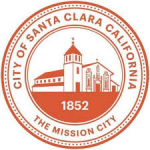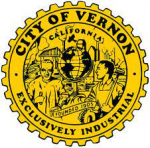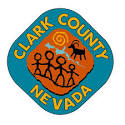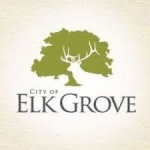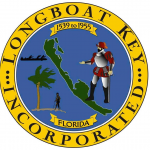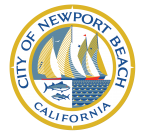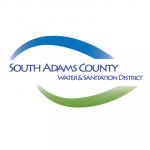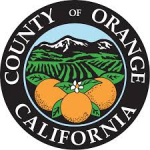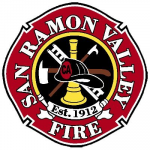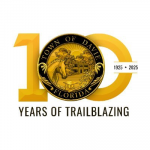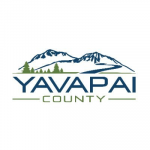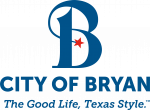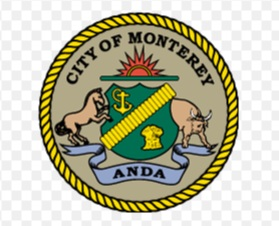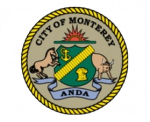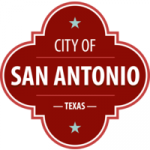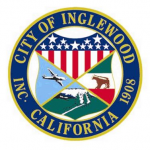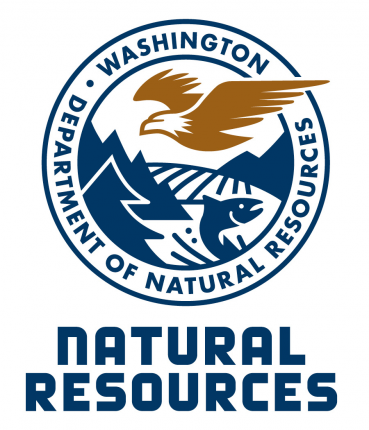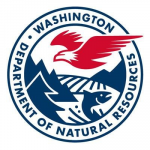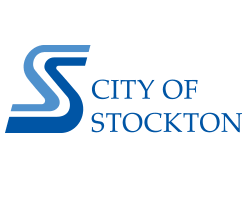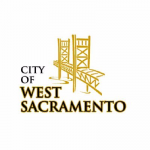Ensuring Community Safety: A Guide to Careers in Code Compliance and Inspection

In the intricate world of public service, code compliance jobs emerge as pivotal roles that ensure the safety, health, and well-being of communities.
For individuals passionate about upholding standards and regulations, a career in code enforcement and inspection presents a unique opportunity to make a tangible difference.If code enforcement and compliance is a field that you feel is interesting and matches your skill set, then you will want to look further into how your local, state, or federal government may help you fill your passion with a position in code compliance.
Understanding Code Compliance Roles
Code compliance officers, also known as code enforcement officers or inspectors, are responsible for enforcing a wide range of codes and regulations related to building safety, zoning, environmental protection, and public health.
These professionals play a critical role in maintaining the quality of neighborhoods, ensuring buildings are safe and environments are livable.
Here are some examples of compliance professions that might sound like what you're looking for:Building Code Compliance Officer: Inspects buildings and performs related work to ensure compliance with building codes and safety standards, issuing permits and performing on-site inspections to verify adherence to regulations.
Environmental Code Compliance Officer: Enforces environmental laws by inspecting facilities for pollution and hazardous materials compliance, working to maintain public health and environmental safety.
Health Code Compliance Officer: Ensures businesses and public spaces meet health regulations and health code requirements by conducting inspections of restaurants, pools, and housing to prevent health hazards.
City Code Zoning Compliance Officer: Oversees adherence to city ordinances and zoning laws, reviews permits, and investigates violations to ensure property use complies with local zoning regulations.
Fire Code Compliance Officer: Conducts fire safety inspections and approves fire safety plans, working to prevent fire hazards and ensure buildings comply with fire safety codes.
Electrical Code Compliance Officer: Reviews and inspects electrical systems and installations, ensuring they meet electrical codes and safety standards.
Plumbing Code Compliance Officer: Inspects plumbing systems for compliance with plumbing codes, reviewing plans and conducting site inspections to safeguard public health.
Public Safety and Compliance Officer: Enforces public safety policies, collaborating with other departments to develop and implement safety protocols and emergency response plans.
The Appeal of a Career in Code Compliance
A career in code compliance is not just a job; it's a commitment to public safety and community well-being. Here’s why many are drawn to this field:
- Making a Difference: Every day, code compliance officers contribute to the safety and improvement of their communities by ensuring that codes and regulations are followed.
- Diverse Challenges: No two days are the same in code compliance. Professionals in this field are constantly learning and adapting to new situations and challenges.
- Job Security and Growth: With the constant need for regulation enforcement and the evolving nature of codes and standards, code compliance jobs offer stability and opportunities for career advancement.

- Engagement with the Community: These roles provide a chance to work closely with the public, local businesses, and other government agencies, fostering a deep sense of community engagement and service.
Steps You Can Take to Launch Your Career in Code Compliance
Embarking on a career in code compliance requires a mix of education, skill development, and strategic job searching.
Let's look at how you can get started:- Educational Foundations: While requirements can vary, many code compliance roles require at least a high school diploma or equivalent. However, further education in fields such as public administration, urban planning, construction management, or a related field can be highly beneficial.
- Certification and Training: Gaining certification from recognized organizations, such as the International Code Council (ICC), can significantly enhance your qualifications. Many positions also require specific training and licensing relevant to your area of enforcement. For example, if you are applying for a compliance position in Florida, having a valid Florida driver's license may be necessary. In a situation such as this one, you may also be asked to be part of the Florida Association for Inspectors or other such agencies.
- Gain Experience: Entry-level positions or internships in local government can provide practical experience and a foot in the door. Volunteering for community projects related to building, planning, and development can also be advantageous and help give you the connection you need to get the type of position you are looking for.
- Develop Essential Skills: Beyond understanding codes and regulations, successful code compliance professionals possess strong analytical, communication, and interpersonal skills to effectively interact with the public and resolve compliance issues.
How to Apply for Government Coding and Compliance Positions
Carefully review and read the job announcement to understand the qualifications, experience, and educational requirements.
Note any specific certifications or licenses needed, such as those for building inspection or public health.
Resume: Tailor your resume to highlight relevant experience, education, and skills that match the job announcement. Use keywords from the job description to pass automated screening processes.
Cover Letter: Write a concise cover letter that explains why you're interested in the position and how your background makes you a suitable candidate.
Supporting Documents: Prepare any required documents, such as transcripts, certifications, or references, as indicated in the job listing.
Follow the application instructions in the job announcement carefully and correctly. This may involve filling out an online application form, verifying phone numbers and contact information with your references, uploading documents, or emailing your application materials to a specific contact.
Make sure to refresh your browser to view any important updates on positions you've applied for or if additional items have been requested.
Assessment Tests: Some positions may require you to pass assessment tests or exams related to code compliance knowledge and skills.
Interviews: If selected for an interview, prepare by reviewing common interview questions for government jobs and formulating responses that demonstrate your qualifications and interest in public service.
After submitting your application or completing an interview, it's appropriate to follow up with a thank-you email reiterating your interest in the position.
It's also understandable to expect someone to respond to you. If you haven't heard anything by a specified date or timeframe, a polite follow-up to inquire about the status of your application is acceptable.
Whether you're waiting for a response or looking to improve your chances for future opportunities, continue enhancing your skills and knowledge relevant to code compliance.
This could involve taking courses on the latest building codes, attending workshops, or joining professional organizations related to code enforcement.
Why Pursue a Government Role in Code Compliance?
Government job opportunities in code compliance offer a chance to work on a wide range of projects and initiatives that directly impact public safety and community standards.
These roles come with the benefits of government employment, including competitive salaries, comprehensive benefits, and the opportunity to contribute to the public good.
Whether at the municipal, state, or federal level, code compliance jobs are essential to the functioning of safe and orderly communities.For those with a keen interest in regulations, a desire to engage with the community, and a commitment to public service, a career in code compliance offers a fulfilling path.

If you’re driven by the prospect of ensuring safety and standards within communities and have an eye for detail and regulations, take a few seconds and start exploring code compliance opportunities on our website.
This could prove to be the start of a rewarding career journey.
Embrace the challenge and step into a role where you can truly make a difference every day.



